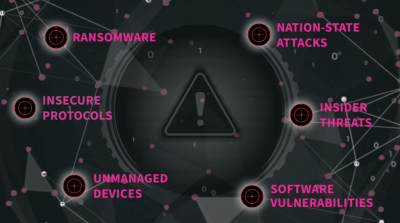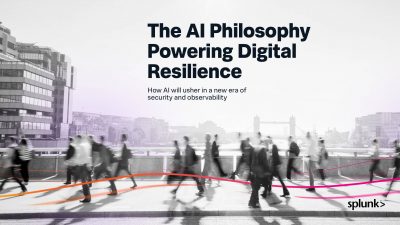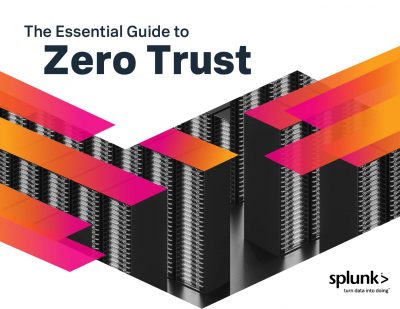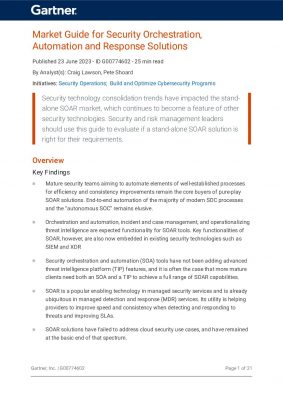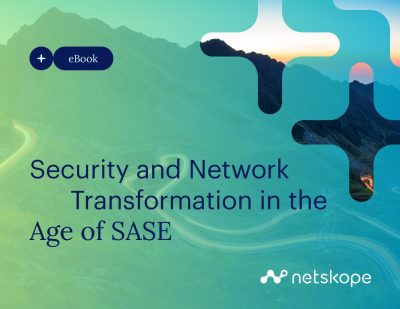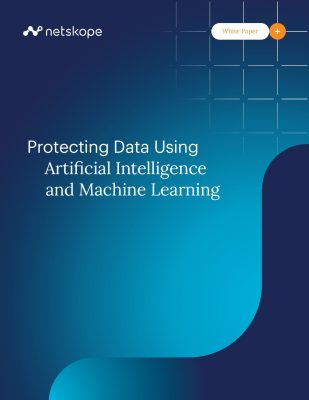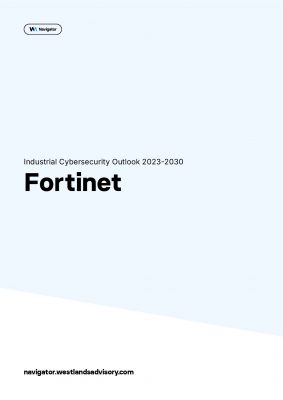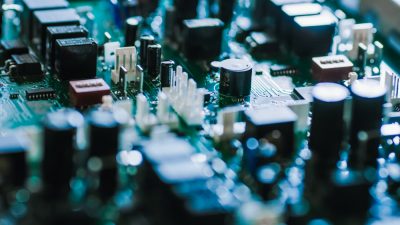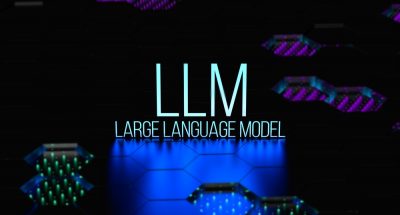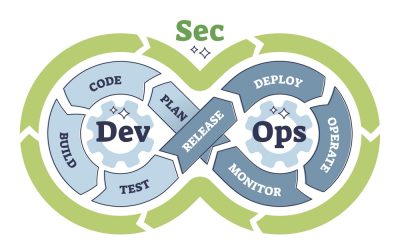Highlights:
- Rather than deploying AI models through centralized servers, GaiaNet operates a distributed AI infrastructure network of independently running nodes, enabling it to perform decentralized inference of models for artificial intelligence applications.
- To expand its offering of computer science and engineering courses, the company teamed up with the University of California, Berkley, earlier this year to implement distributed AI teaching assistants in its courses.
GaiaNet raised USD ten million in seed funding. This decentralized artificial intelligence infrastructure project plans to give developers access to edge nodes where they may use generative AI tools and artificial intelligence agents.
Kishore Bhatia, Shawn Ng of 7RIDGE, Lex Sokolin of Generative Ventures, Brian Johnson of Republic Capital, EVM Capital, Mirana Ventures, Mantle EcoFund, and ByteTrade Lab invested in the startup.
Rather than deploying AI models through centralized servers, GaiaNet operates a distributed AI infrastructure network of independently running nodes, enabling it to perform decentralized inference of models for artificial intelligence applications. Users configure individual machines to host individual models that function as individual agents tailored for specific expertise, such as teaching assistants, business experts, financial analysts, or cryptocurrency traders.
When communities ask questions and request answers, similar GaiaNet nodes can be grouped into domains that sustain stable services under load. These domains are accessible through an application programming interface that receives the request and forwards it to the appropriate model on the node prepared to handle it.
Chief Executive Matt Wright said, “Our mission with GaiaNet is to redefine the way humans and AI engage and to enable sovereign infrastructure for interacting with AI. With the recent investment, we’re able to take a step further in our commitment to redefining the boundaries of AI, making it more accessible, data bias-resistant, collaborative, and privacy-centric.”
The company is tackling unresolved difficulties in higher education as part of the project’s current phase by explicitly addressing the lack of teaching assistants in courses with larger enrolment. GaiaNet may serve as a tutor and study partner for students in university classes by enabling the creation of customized chatbots with appropriate subject knowledge for academic work that can function well under load, the company said.
To expand its offering of computer science and engineering courses, the company teamed up with the University of California, Berkley, earlier this year to implement distributed AI teaching assistants in its courses. According to GaiaNet, including this decentralized technology into curricula and granting students access to it offers a real-world example of how effective it is compared to centralized AI delivery platforms.
The underlying technology leverages the decentralized nature of blockchain technology to enhance its networking capabilities by utilizing Ethereum blockchain node-based technology as part of the GaiaNet protocol. But since it’s concealed beneath the surface and only node operators will engage with it directly, users won’t be able to witness any of this in action.
More than 200 distinct AI models from HuggingFace, including Mistral AI’s Mixtral family of models, Google LLC’s Gemma, and Meta Platform Inc.’s Llama 2, are supported by GaiaNet and can be operated on its decentralized infrastructure.

